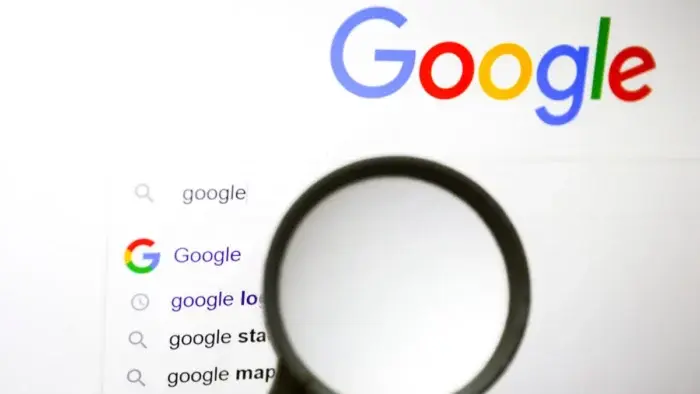In a surprising move, Google is abandoning its continuous scrolling format for search results and reverting to the traditional page-based system. This change, which began on June 25th, 2024, for desktop searches and will extend to mobile in the coming months, marks the conclusion of a roughly year-and-a-half experiment that introduced continuous scrolling in 2021 (mobile) and 2022 (desktop).
The End of the Scroll: Google Search Returns to Pagination
The rationale behind Google’s decision is two-fold. Firstly, the company did not observe a significant improvement in user experience with continuous scrolling. While the format offered the potential for deeper exploration of search results, it appears user satisfaction ultimately remained similar to the previous system.

Secondly, Google prioritizes efficient delivery of search results. Continuous scrolling pre-loads subsequent pages, potentially impacting the initial loading speed of the first page. By returning to a paginated system, Google aims to serve results more quickly and avoid automatically displaying pages users may not explicitly request.
This shift has sparked curiosity regarding potential effects on user behavior and website traffic. Previously, a common SEO adage held that results buried on the second page of Google searches received minimal clicks. Continuous scrolling offered increased visibility beyond the initial fold, potentially benefiting lower-ranked websites. Whether this translates to a decline in traffic for such sites with the return of pagination remains to be seen.
Despite this change, Google maintains its dominant position as the world’s leading search engine. Its market share, consistently exceeding 90% for years, has not demonstrably been impacted by the implementation and subsequent removal of continuous scrolling.
However, a recurring discussion regarding Google Search is the perceived decline in its accuracy and reliability. This is often attributed to factors beyond the search engine itself, such as the human mind’s memory biases and subjective perception of information retrieval. Nevertheless, a question remains: did continuous scrolling, with its seemingly endless stream of results, subtly influence user behavior? Did it encourage a tendency to passively scroll rather than refine search queries, potentially hindering a more active and nuanced search experience?
While the impact of continuous scrolling on user behavior requires further investigation, Google’s decision to revert to pagination underscores the importance of user experience and search result delivery speed. As the search landscape continues to evolve, Google’s commitment to providing an efficient and effective search experience remains paramount.

Beyond the Reversal: Potential Implications and Ongoing Discussions
The return of pagination presents an opportunity to delve deeper into the user experience of search engines. Here are some key areas for ongoing discussion:
- Impact on User Behavior: Will users actively utilize pagination to access deeper results, or revert to a “first page only” mentality? Will this shift user engagement with search results and potentially influence search strategies?
- Evolving SEO Landscape: How will the return of pagination affect Search Engine Optimization (SEO) strategies? Will optimizing for lower page rankings become a more relevant consideration?
- The Future of Search Engine Interfaces: What innovations and approaches might improve the user experience of search engines beyond the traditional page-based format?
The Role of User Psychology and Information Literacy
The discussion surrounding Google’s search accuracy often ventures into the realm of human cognition. Here are some interesting aspects to consider:
- Memory and Perception: Confirmation bias and other cognitive biases can influence how users perceive search results. Could continuous scrolling have exacerbated these biases by promoting a sense of “information overload”?
- Active Search Strategies: Effective search involves crafting precise queries and refining them based on results. Did the continuous scroll format discourage users from actively engaging in this process?
- Information Literacy: The ability to critically evaluate search results is crucial in today’s information age. How can search engines support users in developing information literacy skills?
Conclusion
The return of pagination in Google Search marks a significant shift and invites further exploration of user behavior and search engine design. While the immediate impact is yet to be fully understood, it highlights Google’s dedication to optimizing search experiences and delivering relevant results efficiently. Moving forward, addressing user psychology and promoting information literacy will remain key aspects in the evolution of search engines.





